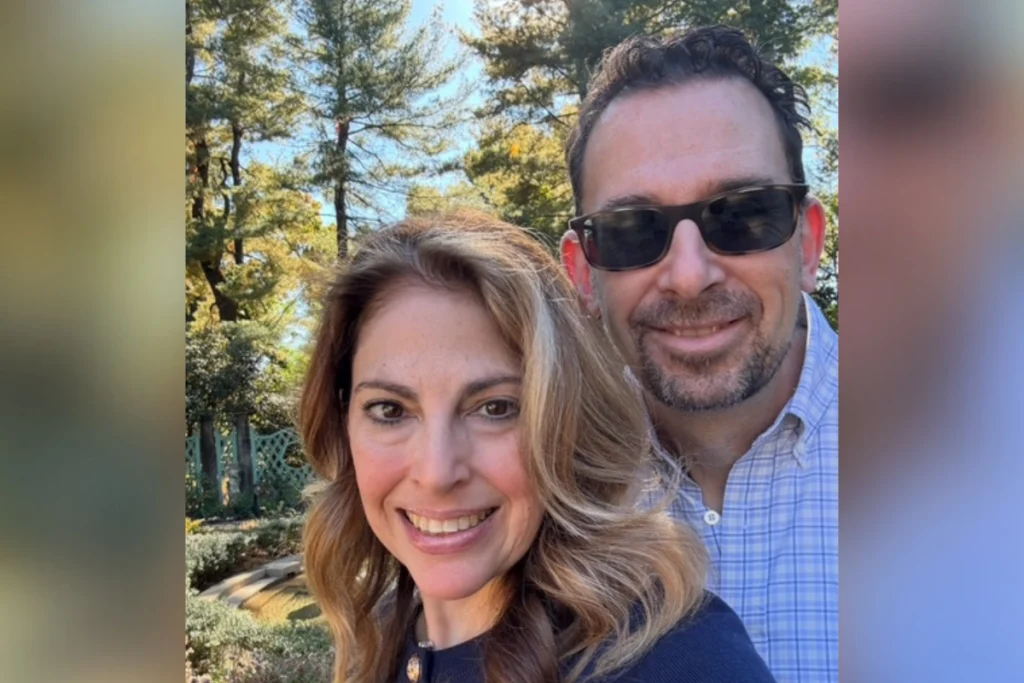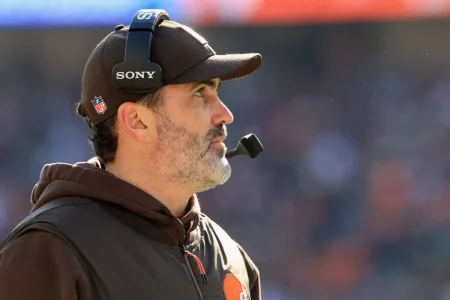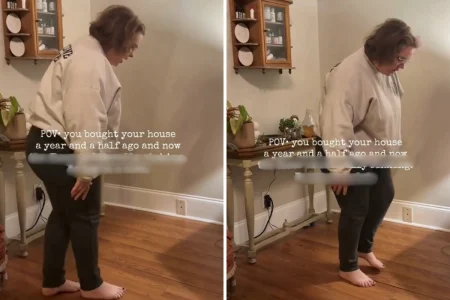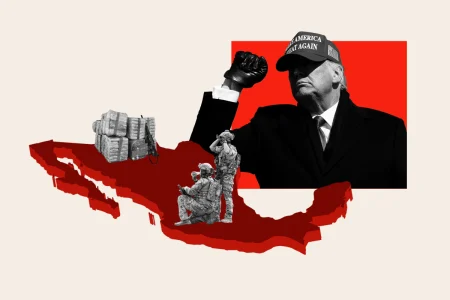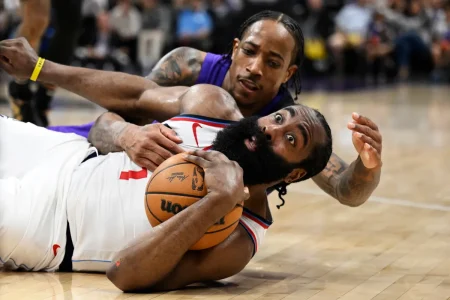Finding Strength in Vulnerability: A Journey Through Cancer
I remember the pivotal moment that changed everything. It began innocuously—a strange sensation in my armpit that my husband dismissed as a pulled muscle. Like many of us, I preferred the comfort of reassurance over confronting an uncomfortable reality. It’s remarkable how we sometimes choose comforting denial over potentially difficult truths. This changed during a family gathering when my sister-in-law, a breast surgeon, examined the area and her expression immediately transformed. “Call your gynecologist first thing tomorrow,” she urged with an alarming seriousness. Despite her medical background, I clung desperately to denial—surely this couldn’t be cancer. I had no family history, after all! I convinced myself it must be something benign, like a cyst. But tests at Atlantic Health’s Carol W. and Julius A. Rippel Breast Center quickly shattered this illusion. In one moment, my entire identity shifted. I wasn’t just me anymore—I was now a cancer patient. My first conversation about the diagnosis came from Renee, a nurse navigator who offered reassurance: “It was caught early, and you will not be alone on this journey, as our team will be by your side. You’ll be OK.” I tried to absorb her calmness, but fear had already begun settling in, quietly unpacking its heavy presence in my life.
Initially, the path forward seemed straightforward—everyone presented what appeared to be a standard cancer treatment checklist: lumpectomy, followed by radiation, then Tamoxifen to block estrogen’s effects on any remaining cancer cells. I tried maintaining perspective by starting each day with a quiet reminder: “I am not my cancer diagnosis. I am more than that. Cancer is something you face, not something that defines you.” I believed that adhering to this plan would eventually return my life to normal. Then came the unexpected turn—post-lumpectomy tests revealed cancer in one of my lymph nodes. This discovery forced me to develop what I now call my “decision tree,” where every medical option suddenly carried enormous weight. Would I pursue additional testing? Would I try chemotherapy? I answered yes to both questions. My oncologist crafted a personalized treatment plan, suggesting we begin with one round of chemotherapy to assess my response. The experience proved physically devastating. While I’m proud of my courage to attempt chemotherapy, I’m equally grateful for finding the strength to ask questions, share my concerns, and participate actively in decisions about my care. My medical team supported me when I ultimately decided to discontinue chemotherapy, working collaboratively to restructure my treatment plan. I’ve now been taking Tamoxifen for six years, allowing me to move forward with confidence in my health.
As a parenting coach, author, wife, and mother of two, I view my cancer experience through multiple lenses. Every challenge—from moments of doubt and difficult decisions to fears and instances of courage—has profoundly shaped how I show up for my family and the families I guide professionally. These experiences represent valuable chapters in my life story and contain lessons worth passing down to others. Among the most unexpected challenges was losing my hair during treatment. Each fallen strand felt deeply symbolic, as if another piece of my identity was being consumed by my new status as a cancer patient. Hair seems inconsequential until it’s gone; it’s surprisingly tied to our sense of self and confidence in ways we don’t fully appreciate until we lose it. To women experiencing this loss, I want to emphasize that grieving these changes is both natural and important—but don’t face these struggles alone. Accepting comfort and support demonstrates strength, not weakness. It takes courage to lower your defenses and allow others to help.
Support became my essential lifeline throughout treatment. My husband handled research when I lacked the physical or mental capacity. I learned to ask my medical team important questions, and they respectfully provided space for this dialogue. I gave myself permission to accept every bit of offered assistance—what I call “cashing in my cancer coupons.” Six years into recovery, I still hesitate to speak openly about being well. For a long time, I avoided pink ribbons and cancer awareness walks because I didn’t want cancer to define my identity. However, as a writer, I recognize the power of stories, and if sharing mine encourages even one person to seek early screening or speak up about concerning symptoms, then stepping outside my comfort zone becomes worthwhile. I also share my experience to remind other parents facing life-altering diagnoses that they can still embrace their parental identity with pride and dignity.
My children were 20 and 14 when I underwent treatment. My older child, away at college, was somewhat shielded from daily realities, while my younger one witnessed everything. I tried maintaining normalcy—because that’s what mothers do—but I hope that watching me take necessary time for physical and emotional recovery demonstrated the importance of giving oneself grace during overwhelming life challenges. If my cancer journey taught me one central lesson, it would be this: trust your instincts. When something feels wrong, don’t delay seeking answers. Medical science has advanced tremendously, and early detection genuinely transforms outcomes. Today, I trust my instincts more deeply, love more openly, and carry forward lessons that continually remind me of human resilience. Cancer changed me, not by defining me, but by revealing strengths I never knew I possessed and deepening my appreciation for life’s precious moments and connections.





